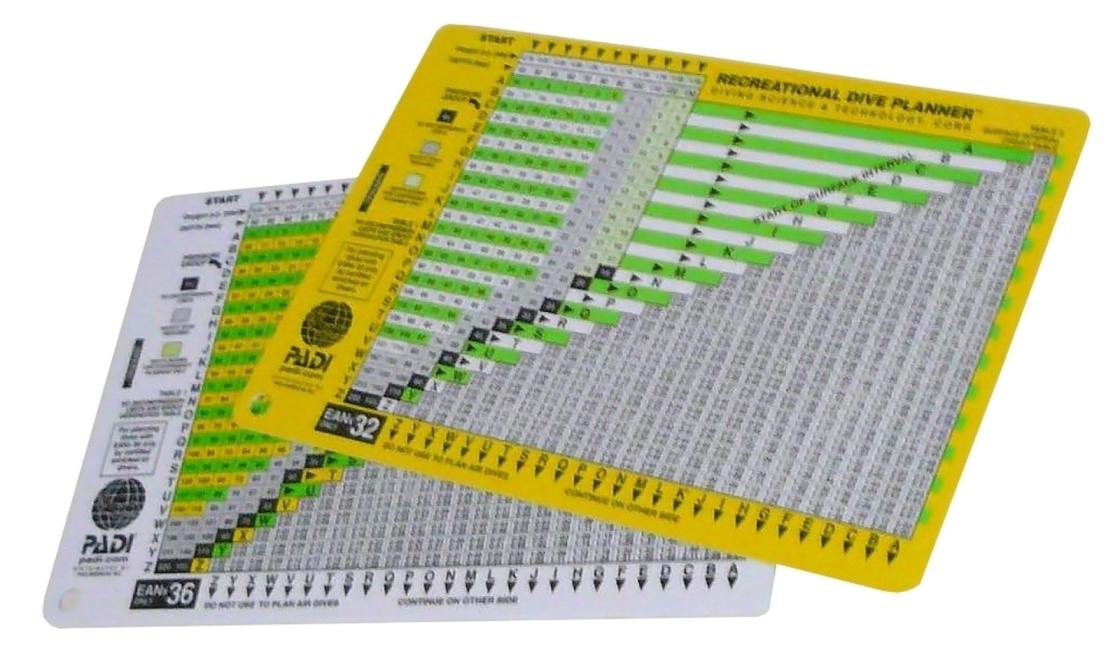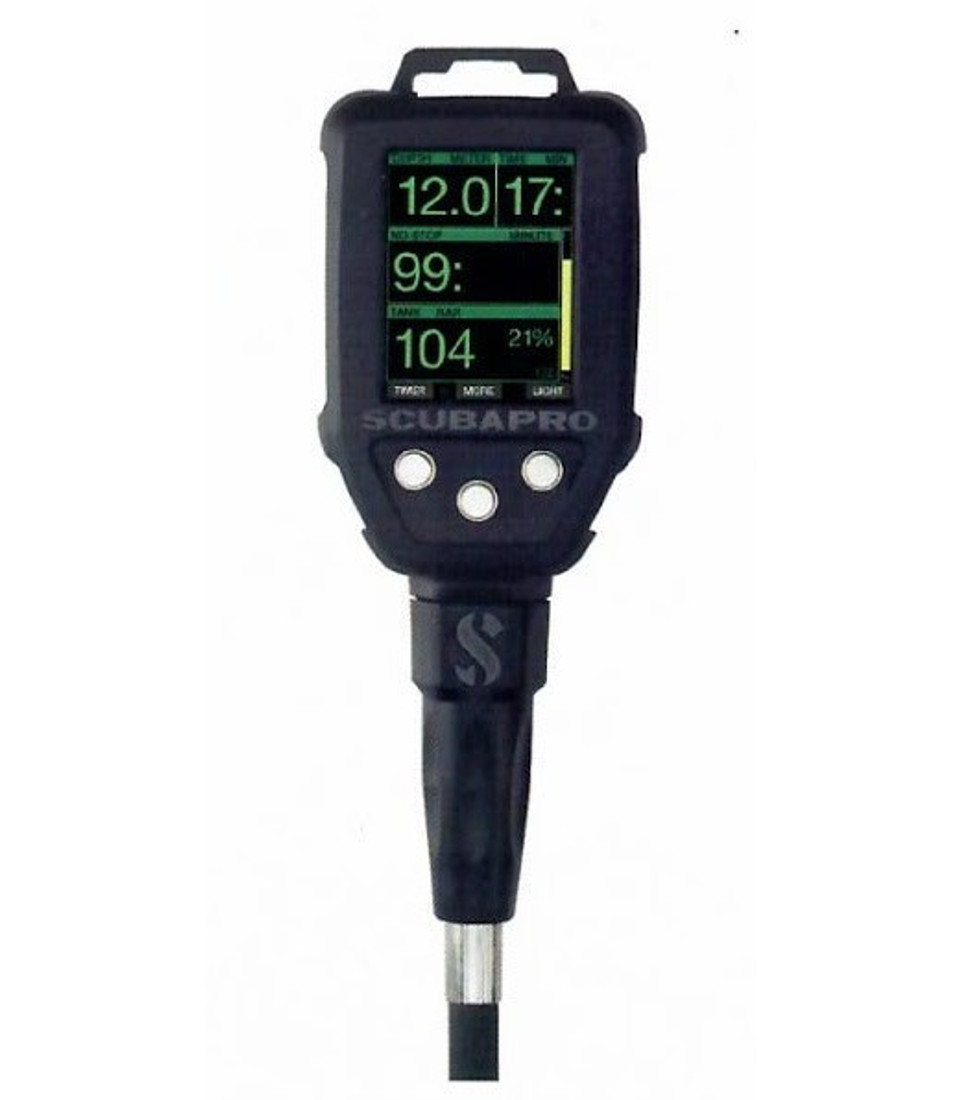7th Nov 2023
Dive Computers vs. Dive Tables: Which is Right for You?
When it comes to scuba diving, safety is paramount. One crucial aspect of safe diving is understanding and utilizing the right equipment. Among the most vital tools for any diver are dive computers and dive tables. In this blog, we will delve into the key differences between these two devices and help you make an informed decision about which one is best suited for your diving needs.
Dive Tables: The Traditional Approach

Dive tables have been a staple in diving since the early days. They are printed or electronic charts that provide divers with information on how long they can stay at a particular depth without needing to perform decompression stops. These tables are based on algorithms that calculate nitrogen absorption and release in the body during a dive.
Advantages of Dive Tables
- Proven Reliability: Dive tables have stood the test of time and have been used successfully by divers for decades.
- No Batteries Required: Since they are printed, traditional dive tables don't rely on batteries or electronics, making them dependable in remote locations or on extended trips.
- Useful as Backup: Dive tables serve as a reliable backup in case your dive computer malfunctions or runs out of battery.
- Good for Training Purposes: Many dive certification courses still teach dive tables as part of the curriculum, ensuring divers have a solid understanding of the principles of dive planning.
Dive Computers: The Technological Advancement

Dive computers are electronic devices that continuously monitor your depth, time underwater, and calculate your nitrogen levels to provide real-time information on your dive profile. They use sophisticated algorithms to ensure that you stay within safe limits during your dive.
Advantages of Dive Computers
- Real-time Data: Dive computers provide instant and accurate information about your current dive status, allowing you to make adjustments on the fly.
- Customizable Profiles: Dive computers can be tailored to your specific dive preferences and even take into account your previous dives, providing a more personalized experience.
- Multi-Gas Capabilities: Advanced dive computers can handle different gas mixtures, allowing for more complex dives like nitrox or technical diving.
- Logbook and Data Storage: Dive computers often have built-in memory to store dive profiles, which can be valuable for reviewing and analyzing your diving habits over time.
Choosing the Right Gear
Consider Your Diving Style
Recreational Diving: If you primarily engage in recreational diving within no-decompression limits, a reliable dive table might be sufficient. These tables are designed to help you plan dives without the need for decompression stops.
Advanced Diving: For divers looking to explore deeper depths, engage in multi-level dives, or pursue advanced certifications, a dive computer is highly recommended. The real-time data and advanced algorithms provide a level of safety and flexibility not achievable with traditional dive tables.
Technical Diving: If you're venturing into technical diving, which involves the use of mixed gases, extended decompression dives, or complex dive profiles, a dive computer is essential. It can handle multiple gas mixtures, allowing for a more comprehensive and accurate assessment of your dive.
Budget
Dive computers can be a significant investment, but they offer a range of features and capabilities. Assess your budget and choose a model that aligns with your diving goals.
Dive tables are relatively inexpensive and can be a cost-effective option for recreational divers. They are often provided by dive shops during certification courses and may also be available for free as downloadable PDFs or in printed form.
Training and Familiarity
Ensure you are proficient in using the gear you choose. If you opt for a dive computer, take the time to understand its functions and settings before your first dive.
Remember, whether you choose a dive computer or rely on dive tables, the most important factor is to prioritize safety. Regularly check and maintain your equipment, stay within your training and experience levels, and always dive with a buddy. Safe diving practices ensure that you can enjoy the underwater world to the fullest.
Wrapping Up
Both dive computers and dive tables have their merits, and the choice ultimately comes down to your diving style, preferences, and budget. Regardless of which option you choose, remember that proper training and familiarity with your equipment are key to a safe and enjoyable diving experience. Happy diving!
